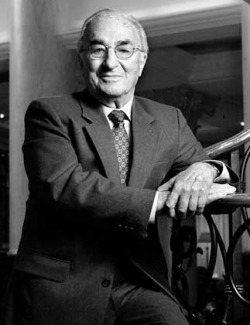The Survivors Of 9/11
The Human Reaction To Disasters
Survival is defined as the act or fact of living or continuing longer than another person or thing (Merriam Webster Dictionary)
The best way to increase the rate of survival during a disaster is to be prepared. Many people's brains shut down, their movements become slow, and it is reported that large crowds become quiet instead of hysteric. During disasters, the human brain decides on which survival tactic to use, and sometimes picks the wrong one. If the brain picks the freeze up method, then that human will likely perish. However, the encouraging fact is that our brains can be taught how to react better to fear. People respond better to leadership. Loud yelling or other noises can help humans wake up from their freezed survival response. Sociologist, Lee Clark, explains that people during disasters move in crowds, watch out for one another, and look up to others, who are in power. (http://www.time.com/time/magazine/article/0,9171,1810315-2,00.html)
The best way to increase the rate of survival during a disaster is to be prepared. Many people's brains shut down, their movements become slow, and it is reported that large crowds become quiet instead of hysteric. During disasters, the human brain decides on which survival tactic to use, and sometimes picks the wrong one. If the brain picks the freeze up method, then that human will likely perish. However, the encouraging fact is that our brains can be taught how to react better to fear. People respond better to leadership. Loud yelling or other noises can help humans wake up from their freezed survival response. Sociologist, Lee Clark, explains that people during disasters move in crowds, watch out for one another, and look up to others, who are in power. (http://www.time.com/time/magazine/article/0,9171,1810315-2,00.html)
A Holocaust Survivor
"Adaptability makes survival possible" (Michael, Ernest).
Nazi concentration camp survivor, Ernest W. Michael, speaks nation wide about his experiences in German concentration camps. The stories of the torture, beatings, and pure evil are extraordinary; however, the way Mr. Michael describes his process of survival is even more captivating. Two basic decisions allowed Michael to survive. One was his strong desire to always be optimistic, and to hope for the best. The second decision was Michael's belief that adaptability would allow him to survive. He became adaptable to his situation, and even though he faced many hardships, he continued to stay positive. He explains that his immense love of life saved him. With hope, optimism, and determination he lived through one of the deadliest events in history (Science Resource Center. NY Times).
Nazi concentration camp survivor, Ernest W. Michael, speaks nation wide about his experiences in German concentration camps. The stories of the torture, beatings, and pure evil are extraordinary; however, the way Mr. Michael describes his process of survival is even more captivating. Two basic decisions allowed Michael to survive. One was his strong desire to always be optimistic, and to hope for the best. The second decision was Michael's belief that adaptability would allow him to survive. He became adaptable to his situation, and even though he faced many hardships, he continued to stay positive. He explains that his immense love of life saved him. With hope, optimism, and determination he lived through one of the deadliest events in history (Science Resource Center. NY Times).

